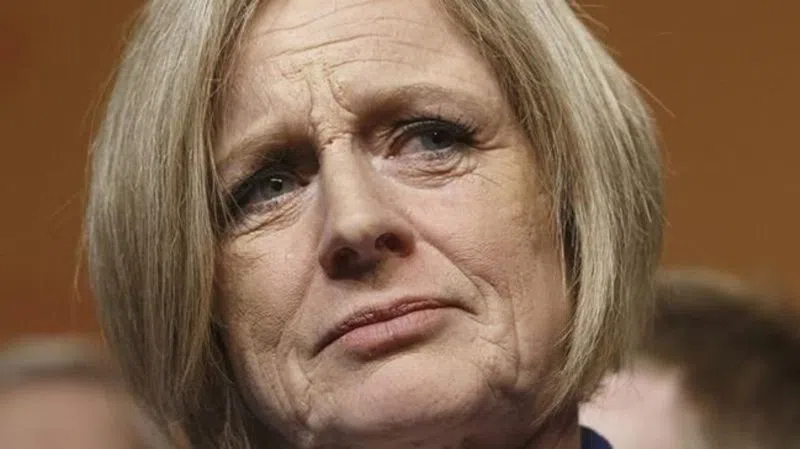
Kenney says feds sank Teck mine with deadline change, but Ottawa says ‘not true’
EDMONTON — Alberta Premier Jason Kenney says it was a new, last-minute delay by Ottawa on whether to approve the Frontier oilsands mine that led Teck Resources Ltd. to pull the plug on the proposed $20-billion project — an accusation the federal government denies.
Kenney said the delay, coupled with weak federal response to ongoing pipeline protests, scuppered the mine and sent a renewed chill on investment in Canada.
The premier said he spoke twice to Teck CEO Don Lindsay over the weekend, prior to Teck announcing late Sunday it would not proceed with the mine.
Prime Minister Justin Trudeau’s cabinet was to grant or reject final approval of the mine by the end of this week, but Kenney said Teck was told that the timing had changed.
